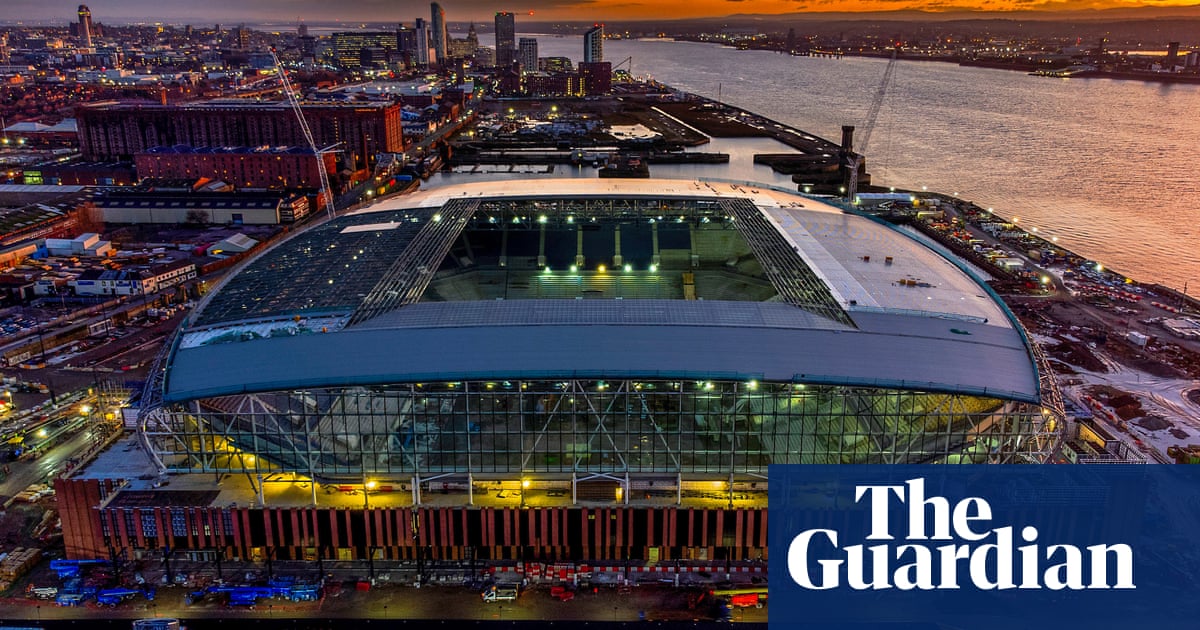
Tension in the region has been rising since US President Donald Trump withdrew from the Joint Comprehensive Plan of Action (JCPOA), the 2015 deal to curb Iran’s nuclear program, and reimposed sanctions.
The European signatories to the JCPOA — the UK, France, Germany and the EU — have been trying to keep it alive. They understand the deal’s flaws; it is time limited, and addresses neither Iran’s ballistic missile program nor its regional meddling through proxies such as Al-Hashd Al-Shaabi in Iraq, Hezbollah in Lebanon and the Houthis in Yemen. Nevertheless, they believe the JCPOA offers leverage over Iran’s nuclear capabilities, especially when there are no alternatives.
In an effort to persuade Iran to keep to the deal despite its economy being crippled by US sanctions, the Europeans came up with Instex — a payment mechanism for European companies to trade with Iran while avoiding use of the US dollar. It was doomed from the start. The US has made it clear that any company doing business with Tehran (whatever the currency mechanism) will be frozen out of the world’s largest economy, leaving them with a stark choice: Trade with Iran or trade with the US, you can’t do both.
The vice further tightened on Tehran in May, when the US ended waivers that allowed a few countries to import Iranian oil; the stated aim of this “maximum pressure” campaign being to reduce Iran’s oil exports (and main source of income) to zero.
Iran threatened to respond within 60 days by breaking its commitments under the JCPOA, and this month it duly did so —stockpiling enriched uranium beyond the deal’s 300kg limit, and enriching uranium to greater than 3.67 percent purity. And that is not the only Iranian action that frustrates the Europeans, calling into question their efforts to save the JCPOA.
First there were sabotage attacks on tankers in the Gulf of Oman, and drone attacks on two oil-pumping stations on Saudi Arabia’s east-west pipeline from the Gulf to the Red Sea. Iran denied the tanker sabotage and their Houthi proxies in Yemen claimed the pipeline attacks, but there is no doubt who was responsible for the most recent incident in the Strait of Hormuz.Fast gunboats operated by the Iranian Revolutionary Guard Corps tried to disrupt the passage of the BP-owned tanker British Heritage, and were driven off when the British frigate HMS Montrose trained its guns on them. That followed the seizure by British Royal Marines of the Grace 1, an Iranian tanker carrying 1 million barrels of oil to Syria in breach of EU sanctions, and detained off the coast of Gibraltar.
The US has already dispatched the aircraft carrier USS Abraham Lincoln to the Gulf, along with a naval strike force, but Trump insists that the task of keeping the Strait of Hormuz open should be shared because most of the cargo that passes through it is bound for Asia. India has dispatched two vessels, which is not sufficient. Japan will be reluctant to contribute naval assets because of constitutional constraints. The US is unlikely to welcome the deployment of the Chinese navy in the region, since Washington is skeptical of China’s geopolitical ambitions. Those most likely to heed the president’s call, therefore, are the Europeans — primarily the British.
This crisis is both geopolitical and geo-economic. Europe will look at things differently from the US, because Iran and the region at large are their near neighbors and they worry about yet another armed conflict in their neighborhood; the conflicts in Syria and Iraq have already resulted in millions of refugees fleeing to Europe.
Nevertheless, while the European states value the rule of international maritime law and the right of secure passage for their commercial shipping vessels, they also value adherence to international treaties.
France twice sent Emmanuel Bonne, one of its most senior diplomats, to Tehran for talks with President Hassan Rouhani and Foreign Minister Mohammad Javed Zarif. His mandate was to impress on Iran that it would be more constructive if Iran adhered to the terms of the JCPOA, the French view being that if they did nothing there would be a grave international crisis to contend with in the next few weeks.
Bonne’s second visit coincided with the British Heritage incident, just as a Japanese tanker was sabotaged in the Gulf of Oman last month while Prime Minister Shinzo Abe was in Tehran on a state visit.
The Europeans would like to save the JCPOA and defuse tension in the Gulf, but Iran’s conduct does little to encourage them. Blocking a British tanker will have infuriated not just the Foreign Office, but also the Royal Navy and the Ministry of Defence.
Norbert Roettgen, the influential chairman of the Bundestag’s foreign affairs committee, has argued that the Germans, the French and the British should co-ordinate their foreign policies, especially on Iran and potential conflict in the Middle East. Between Brexit and Franco-German tensions over EU policy, this is a tall order. Nevertheless, Iran’s maritime aggression and its breach of the JCPOA may well be the proverbial straw that breaks the camel’s back and ends constructive European engagement with Iran.












